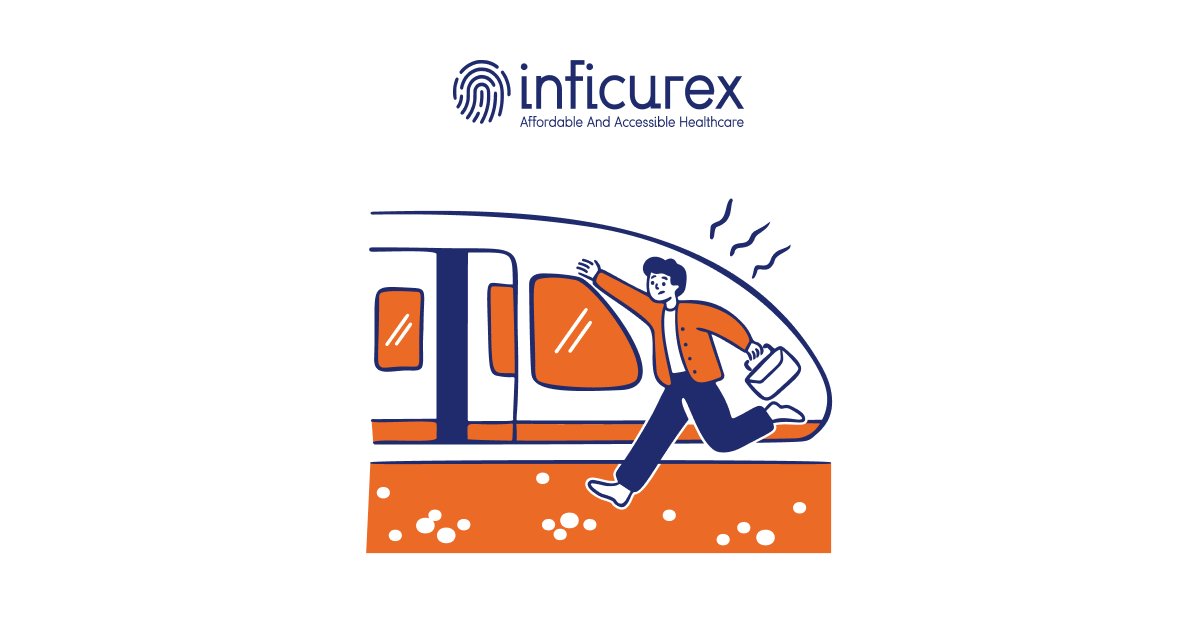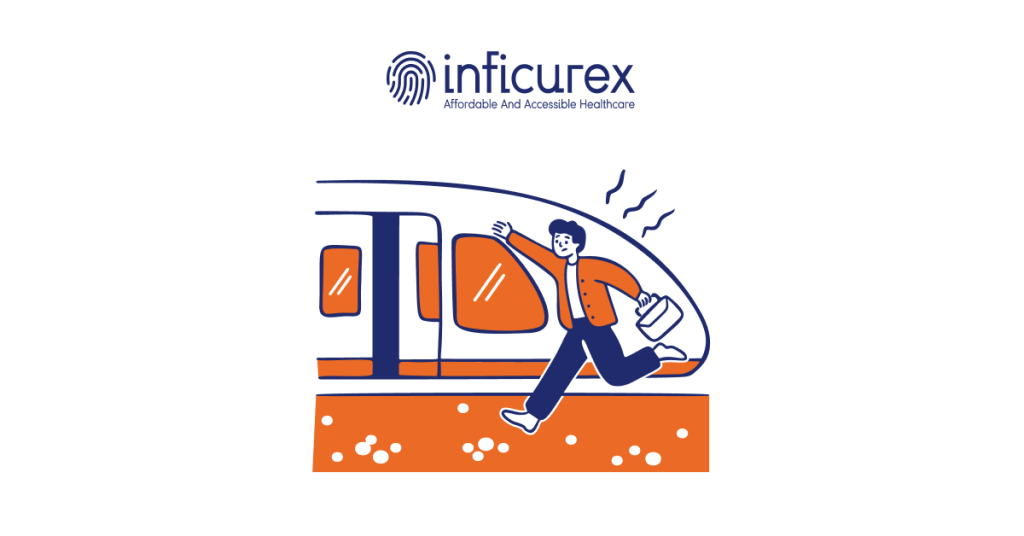Table of Contents

Managing travel expenses under the National Disability Insurance Scheme can quickly become time-consuming for busy NDIS support workers. Manual tracking of mileage, travel time claims, and cost documentation often leads to errors, missed reimbursements, or delayed payments. That’s why learning how to automate NDIS travel allowance for support workers is not just a smart move—it’s essential for efficiency and compliance.
By using smart software tools, you can streamline every step, from calculating non-labour costs to submitting claims through the NDIS myplace Provider Portal. This guide will walk you through automation tools, setup tips, and best practices to ensure your NDIS provider travel process is faster, simpler, and fully audit-ready.
Understanding NDIS Travel Allowance
The NDIS travel allowance is designed to support both participants and providers. It’s there so NDIS support workers can travel to participants’ homes or other support delivery locations without being out of pocket. For participants, it helps cover transport when they cannot use public services due to a disability.
There are two kinds of travel covered. The first is the NDIS participant transport, which helps participants get to activities like appointments or day programs. The second is NDIS provider travel, which covers the time and cost support workers spend getting to their clients. These supports must be included in the NDIS plan under NDIS core supports or capacity building supports.
Price limits for provider travel to participants
Under current NDIS pricing arrangements, support workers can charge up to $0.99 per kilometre if using their own vehicle. If public transport is used, public transport expenses like bus fares can also be claimed. For non-labour costs such as parking fees and tolls, actual costs can be claimed when receipts are kept.
The Modified Monash Model (MMM) defines how much travel time can be claimed. For areas marked MMM1-3, the maximum is 30 minutes. For MMM4-5, it’s up to 60 minutes. This helps control provider reimbursement while still ensuring services are delivered to remote areas.
| MMM Area | Max Travel Time Allowed |
| MMM1-3 | 30 minutes |
| MMM4-5 | 60 minutes |
How can Support Workers Charge for Travel?
To claim NDIS travel costs, you first need to make sure your participant’s service agreement allows it. You must talk to the participant about the charges. Include the support item hourly rate, kilometres driven, and other travel cost documentation in the written agreement.
Travel can be claimed in two ways: as labour time, which is the time you spend getting to a participant, and non-labour costs, which include fuel and road expenses. Vehicle running costs like maintenance aren’t directly reimbursed, but the NDIS-approved rate per kilometre helps cover them.
If you’re a sole trader provider, you must also include your own time spent driving to or between clients. If working for an agency, make sure you’re getting provider reimbursement for the time and costs you claim.
Breaking Down the NDIS Travel Allowance for Support Workers
Understanding exactly what you can charge for under the NDIS travel allowance is important. It helps ensure your claims are valid, fair, and in line with your clients’ NDIS plan funding levels. There are three things to look at: time, distance, and support delivery documentation.
The first part is travel time claims. You can only claim the time spent travelling to the first participant of the day or between participants. You can’t charge for the return trip unless you’re providing face-to-face service delivery under core supports or capacity building supports.
The second part is distance travelled. You calculate this by the number of kilometres driven, using your own or your employer’s vehicle. You must record all travel logs and receipts, including fuel stops and toll fees, if you want to be reimbursed.
Claiming for NDIS Support Workers’ Travel Costs
Let’s say you drive 15 kilometres to a client. Multiply that by the $0.99/km rate and you get $14.85. Add a $4 parking ticket and your total non-labour costs come to $18.85. This should be noted clearly in your support worker invoice and linked to the support delivery location and time of service.
You must submit this through the NDIS myplace Provider Portal. Double-check the details before submitting. If audited, you’ll need to show your logs and receipts as proof.
Claiming for Support Workers’ Travel Time
If the trip to the participant took 25 minutes and you’re in an MMM1-3 zone, that’s within the allowed limit. Multiply your agreed support item hourly rate by the travel time. For example, if your rate is $60 per hour, 25 minutes of travel time would be $25.00.
Include this amount in your invoice as a separate line item from the actual support time. This is how you ensure clean and correct claim submission process.
Claiming for Provider Travel Costs: An Example
Imagine you’re a support worker who drives 10 kilometres to a participant and spends 20 minutes on the road. Here’s how you’d calculate the NDIS provider travel claim:
| Item | Amount |
| Travel Time (20 mins @ $60/hr) | $20.00 |
| Distance (10 km @ $0.99/km) | $9.90 |
| Parking | $3.00 |
| Total | $32.90 |
This total should be pre-approved by the participant and reflected in your service agreement terms.
Tracking Travel Time & Costs
Keeping accurate travel records is essential. Every support worker should keep a travel log that includes the date, trip purpose, distance travelled, time spent, and receipts. This ensures all travel cost documentation is audit-ready and fully compliant with NDIS pricing arrangements.
Using travel management apps like Inficurex or NDIS-focused vehicle management software can make this easy. These tools offer built-in mileage tracking, GPS, and time stamping features to avoid manual entry and reduce mistakes.
Automating Travel Allowance
If you’re still entering all your claims manually, it’s time for a change. Automating NDIS travel allowance for support workers helps reduce the burden and improves accuracy. You can use software tools that log personal vehicle mileage, track support delivery location, and generate invoices automatically.
These tools also ensure your claims match NDIS pricing arrangements and keep you safe during audits. When you’re managing multiple participant travel, the software can split costs automatically based on the agreed travel cost negotiation with each participant.
In one case study, a small agency in Texas saw a 40% reduction in admin time after switching to automated claim systems. The system calculated fuel reimbursement, applied MMM rules, and submitted claims to the NDIS myplace Provider Portal without manual review.
Quote from a provider:
“Using automation tools for our NDIS travel claims has saved us hours each week. We no longer stress about compliance or mistakes in kilometres driven. It’s the best decision we’ve made for our team.” – Allied Support Team, Austin, TX
Conclusion and Next steps
Understanding the NDIS travel allowance is key to getting paid for the time and expenses you invest in your clients. When done manually, it’s easy to make mistakes. But when you automate, everything from travel logs and receipts to support worker invoices becomes simple and streamlined.
If you’re ready to stop chasing paperwork and start focusing on care, now is the time to invest in automation software. Choose one that supports full claim submission, works with the NDIS myplace Provider Portal, and is designed for NDIS support workers. Get started today and take the next step toward growing your impact without burning out.
Ready to get started? Book a free demo with Inficurex the future of NDIS provider management.
Frequently Aksed Questions
What is the NDIS travel allowance for support workers?
The NDIS travel allowance lets support workers claim for time and costs spent traveling to deliver face-to-face support to participants.
Can I charge for travel to and from a participant’s home?
Yes, you can charge for travel to a participant’s home if it’s agreed in advance and the service is delivered in person.
How much can I claim per kilometer or for travel time?
You can claim up to $0.99 per kilometre and up to 30–60 minutes of travel time, depending on your region’s MMM classification.
Do I need approval from participants before claiming travel costs?
Yes, you must get participant consent and include all travel charges in the service agreement.
What do I need to keep as records for travel claims?
Keep travel logs and receipts showing the date, time, kilometres, and any parking fees or tolls for accurate claims.
